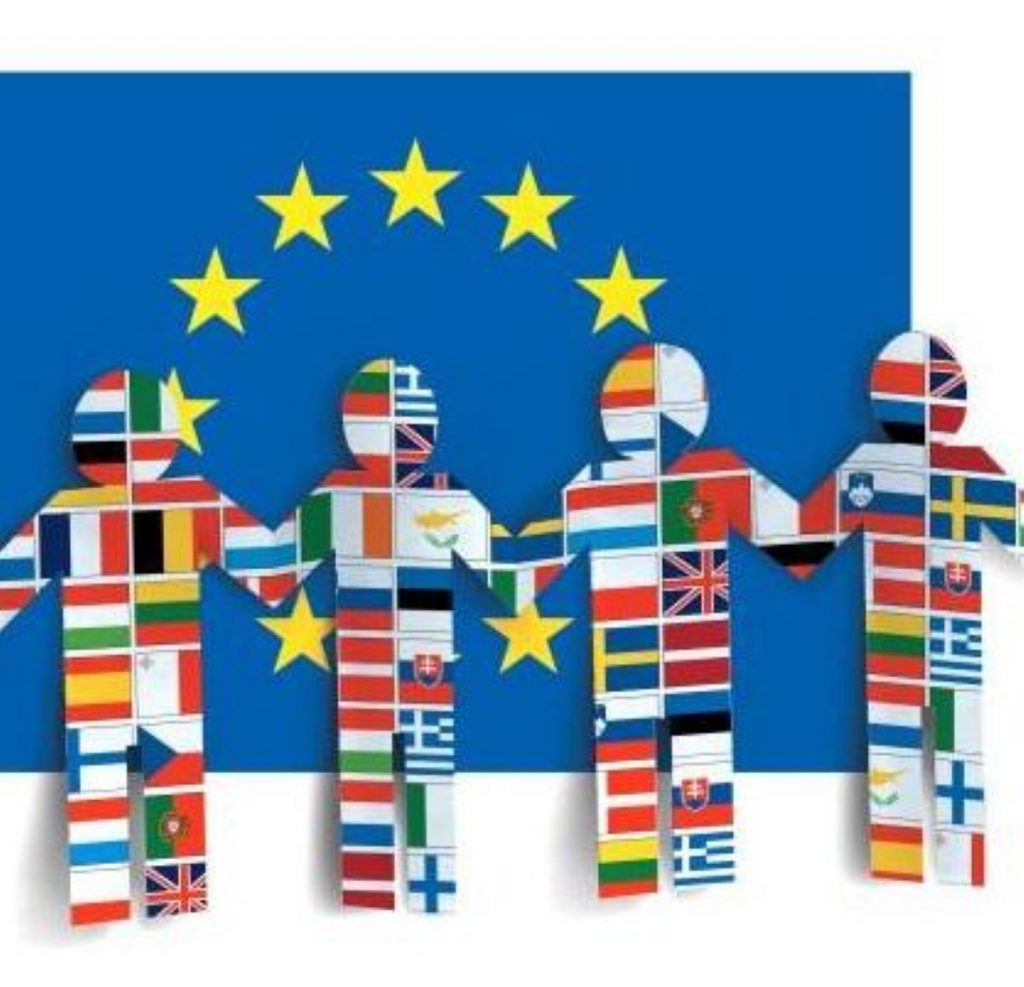Blair signs EU treaty
Prime Minister, Tony Blair, has joined EU counterparts in Rome today in a ceremony to sign the historic European Union constitution.
EU politicians back in June agreed to the wording of the first-ever constitution after two years of disagreement on its format.
The aim of the treaty is to streamline legislation across the community following the expansion of the EU to 25 members in May.
The treaty was officially signed on the Capitoline Hill, where the Rome Treaty – which paved the way for the Common Market – was signed by six countries in 1957.


Politicians from EU candidate countries – Romania, Bulgaria, Turkey and Croatia – also joined the ceremony.
The parliaments of all EU states must ratify the constitution next year or 2006 at the latest before it comes into force.
Britain and at least eight other countries including France, Spain and the Czech Republic plan to offer their people a referendum on the issue.
It is uncertain whether a ‘no’ vote from any one country would derail proceedings.
Speaking earlier this morning, the Foreign Secretary, Jack Straw, suggested that the UK’s referendum is likely to occur early in 2006. Speaking on Sky News this morning, Mr Straw said that, if the Bill goes through Parliament, a referendum ” it is likely to be in the first part of 2006, simply because we have the EU presidency in the latter half of 2006.”
The Government insists that the treaty is a “sensible deal” for Britain, and that Britain has the right to a national veto on “red line” issues on foreign policy, defence, social security and taxation.
However, the Conservatives are planning to campaign against the Constitution, arguing that it will compound the problems of Europe and be a “ball and chain” around the necks of British business.
Denis MacShane, Europe Minister, said EU governments signing up to the new treaty would move Europe forward.
“I think [it] gives us a chance to make the case. In the past some countries have had referendums because they are obliged to under their own national constitutions. France had a referendum before Britain even joined the European Community as it was called in 1972.”
Another topic sure to be under discussion is the shape of the incoming European Commission. The new President, Jose Manuel Barroso, this week withdrew his entire team after MEPs indicated they would not endorse a Commission which contained the Italian nominee Rocco Buttiglione. MEPs were widely unhappy at his expressed views on the role of women in society and homosexuals and felt that it would be inappropriate for him to take up the justice and home affairs portfolio.
No timetable has been given for the presentation of a new Commission, but any wholesale changes would require prospective commissioners to be interviewed again by the relevant EU committees.
For the time being, the old commissioners remain in their portfolios.












